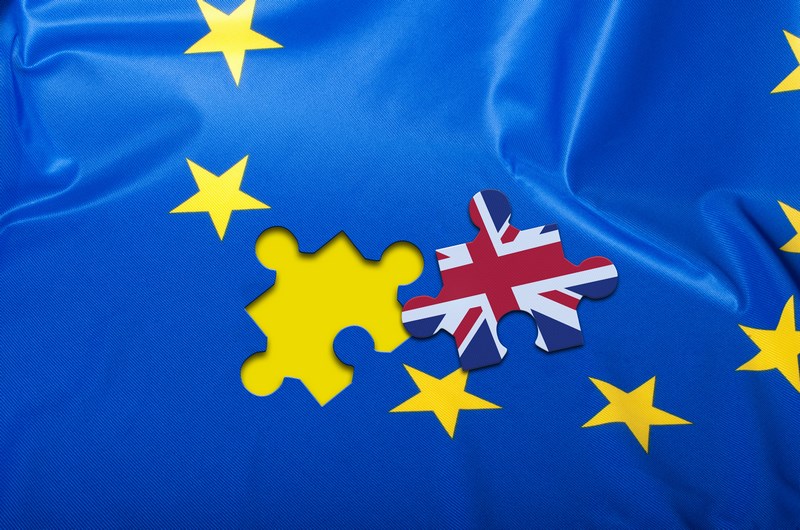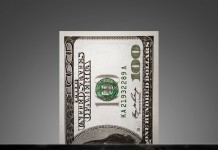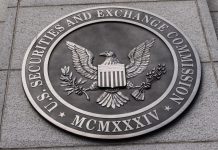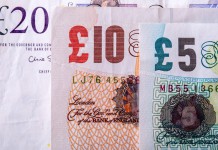Fiscal Policy Tops Monetary Policy
The market has moved away from expectation changes in monetary policy to offset a growing concern over inflation in the U.S. to worrying over the size of Government debt which is getting close to one trillion dollars. The expectation that is being placed upon China and Japan to finance President Trump’s ambitious infrastructure renewal plans could reverberate through the global economy and drive foreign policy.
The dollar index has now reached a three year low having fallen by 4% since the Trump and Mnuchin show which premiers recently in Davos. For now, Team Mnuchin is in the ascendency but given the Teflon nature of this President, he is sure to be able to put a positive spin on dollar weakness. Strong support for the dollar index is at 87.50, a level last seen in December 2014
With the global economy maturing and emerging for the last vestiges of the economic crisis, it has become clear that in a globalized market, trade is going to be the key driver and any advantage that gain be gained will, be crucial. Competitiveness driven by productivity, capacity and utilization but most importantly currency will enable certain countries to gain a distinct advantage.
Remember Brexit?
 For some reason, every time Brexit is away from news channels and other media, the market seems to forget it is happening. This malaise seems to have also affected the Bank of England who seem to be ploughing ahead with preparing monetary policy to cope with inflation two years down the line without taking into consideration the potential maelstrom the economy is about to enter.
For some reason, every time Brexit is away from news channels and other media, the market seems to forget it is happening. This malaise seems to have also affected the Bank of England who seem to be ploughing ahead with preparing monetary policy to cope with inflation two years down the line without taking into consideration the potential maelstrom the economy is about to enter.
Sterling far too strong versus both the dollar and common currency considering the current economic conditions prevailing in the UK. No matter what kind of Brexit is achieved, the economy is almost certain to be in worse condition in two-years’ time than it is today. The slowdown, possibly into recession should force inflation down without resorting to ill-conceived rate hikes.
The pound is now well above 1.4020 versus the dollar and is likely to test strong resistance at 1.4350 should the dollar’s woes continue. The retracement of the Post-referendum fall is gathering pace, but no one can foresee 1.5000 (or can they?).
The pound is performing well versus the Euro, based most likely upon a potential for a widening of the interest rate differential.
I have taken a long term short position in the pound versus the dollar as it seems to be totally overpriced. I am considering fading into the position should there be any approach to the 1.4350 level, but I am expecting 1.3820 to be tested again as this castle looks to be built on sand.
Sr. Draghi not sleeping so well.

Should the Euro remain above 1.2500 for an extended period as is starting to look more and more probable, Mario Draghi will have been proven correct in his demand that the Asset Purchase Scheme stay in place. That level for the currency will make the recovery of the weaker economies of the Eurozone tougher to maintain.
It has been something of a miracle that the economies of Spain and Ireland etc have managed to return to growth despite a currency that has rallied by over 20% in fifteen months.
Economically the common currency should have no reason maintaining its current strength even should the dollar start to recover. However, there are political clouds gathering produced by Italy’s forthcoming election. In contrast to Cyprus where the pro-EU President was recently re-elected, in Italy there is a tubthumping anti-EU Party that is likely to be part of a winning coalition.
My personal antipathy towards the Euro has faded somewhat over the past few years as my admiration for Sr. Draghi has grown. It is a tough proposition to believe that the dollar index of which the common currency makes up 57% can fall much further without a sizeable correction.
















